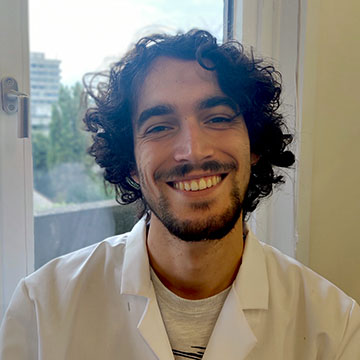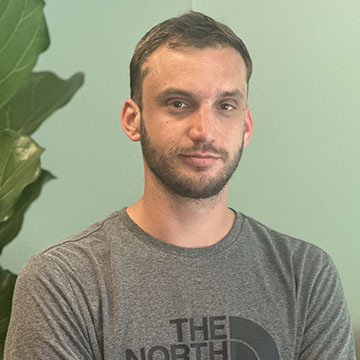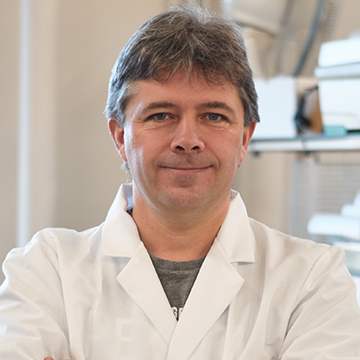Vikkula Group
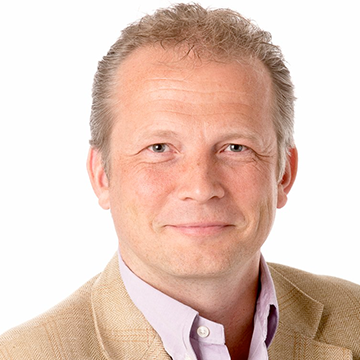
Miikka Vikkula, MD, PhD
Co-Director and Professor of Human Genetics Institut de DuveBrussels, Belgium
European Coordinator
miikka.vikkula@uclouvain.be
The Vikkula Lab is interested in the identification of mutations that drive the formation of vascular anomalies. The lab uses patient-derived tissues and blood samples for its research. The impact of identified variants is investigated in cell (modified HUVECs or primary cells from patients) and mouse models, and RNAseq is used to characterize the altered gene expression profiles. With the Leducq network, we also want to unravel the role that mechanotransduction plays in development of vascular anomalies. The ultimate goal is better understanding of the pathophysiological mechanisms underlying vascular anomalies. This should provide additional targets for testing novel molecular therapies.
Group Members
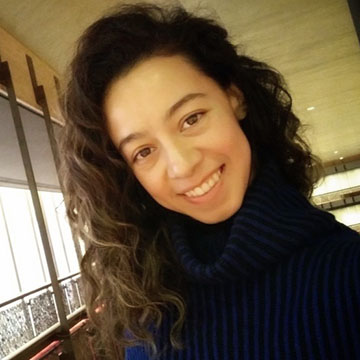
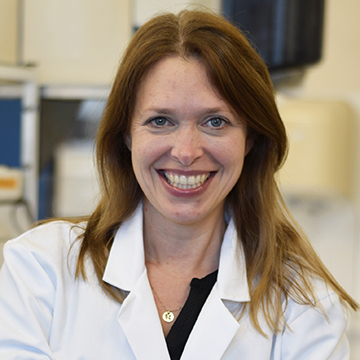

Héloïse Poullet
